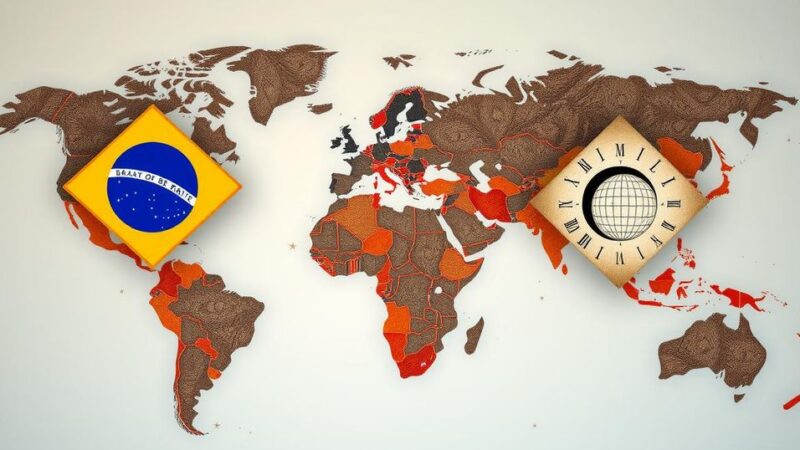Kuwait has withdrawn its approval for the video game Call of Duty: Black Ops 6, which features Saddam Hussein and events from the Gulf War, leading to the cancellation of pre-orders in the region. Activision confirmed that the game will not be available due to local authorities’ decisions. The game’s portrayal of sensitive historical themes has prompted this action, highlighting the ongoing tensions between entertainment and national sentiments.
Kuwait has officially rescinded its approval for the highly anticipated video game, Call of Duty: Black Ops 6, which prominently features the late Iraqi dictator, Saddam Hussein. This action, while not publicly acknowledged as a ban by Kuwaiti authorities, effectively prevents the game’s release within the nation. Activision, the game’s developer and a subsidiary of Microsoft, stated, “At this time, the title will not be available for release in [the] region. As a result, all pre-orders in Kuwait will be cancelled and refunded to the original point of purchase.” The game is set against the backdrop of the 1990s Gulf War, depicting CIA operators engaged in combat in both the United States and the Middle East. Gameplay footage has showcased striking images including burning oil fields reminiscent of the devastation caused by Iraqi forces during the war, as well as the old Iraqi flag and portraits of Hussein himself. Notably, the game’s multiplayer feature includes a combat scenario in Kuwait titled ‘Scud’, named after the Soviet missiles utilized during the conflict. Historically, the Call of Duty franchise has faced scrutiny for its approach to sensitive geopolitical topics; in the past, certain iterations have been banned in countries like China and Russia due to their controversial content. Activision has expressed hopes that local officials may eventually allow the game to be accessible to Kuwaiti players.
The Call of Duty franchise is known for its controversial depictions of historical conflicts, often sparking debate regarding sensitivity to various national histories and traumas. This specific installment is set during the Gulf War, a period marked by significant hardship and ecological disaster for Kuwait, hence the objection to portraying figures like Saddam Hussein in a gaming context. The refusal to approve the game reflects broader tensions between entertainment media and national sentiments, especially in regions with painful recent histories. Video games like Call of Duty have become increasingly integral to discussions about cultural representation and the implications of portraying real-world events through a virtual lens.
In summary, the Kuwaiti authorities have opted to withdraw approval for the Call of Duty: Black Ops 6 game, recognizing the potential insensitivity surrounding its depiction of Saddam Hussein and the Gulf War. Activision is accommodating affected pre-orders and remains optimistic that local regulations may be revised, allowing Kuwaiti players future access to the game. This situation illustrates the complexities involved in balancing artistic expression within video games and the social-political climates in which they are released.
Original Source: news.sky.com







